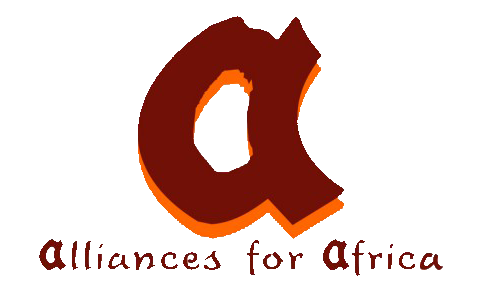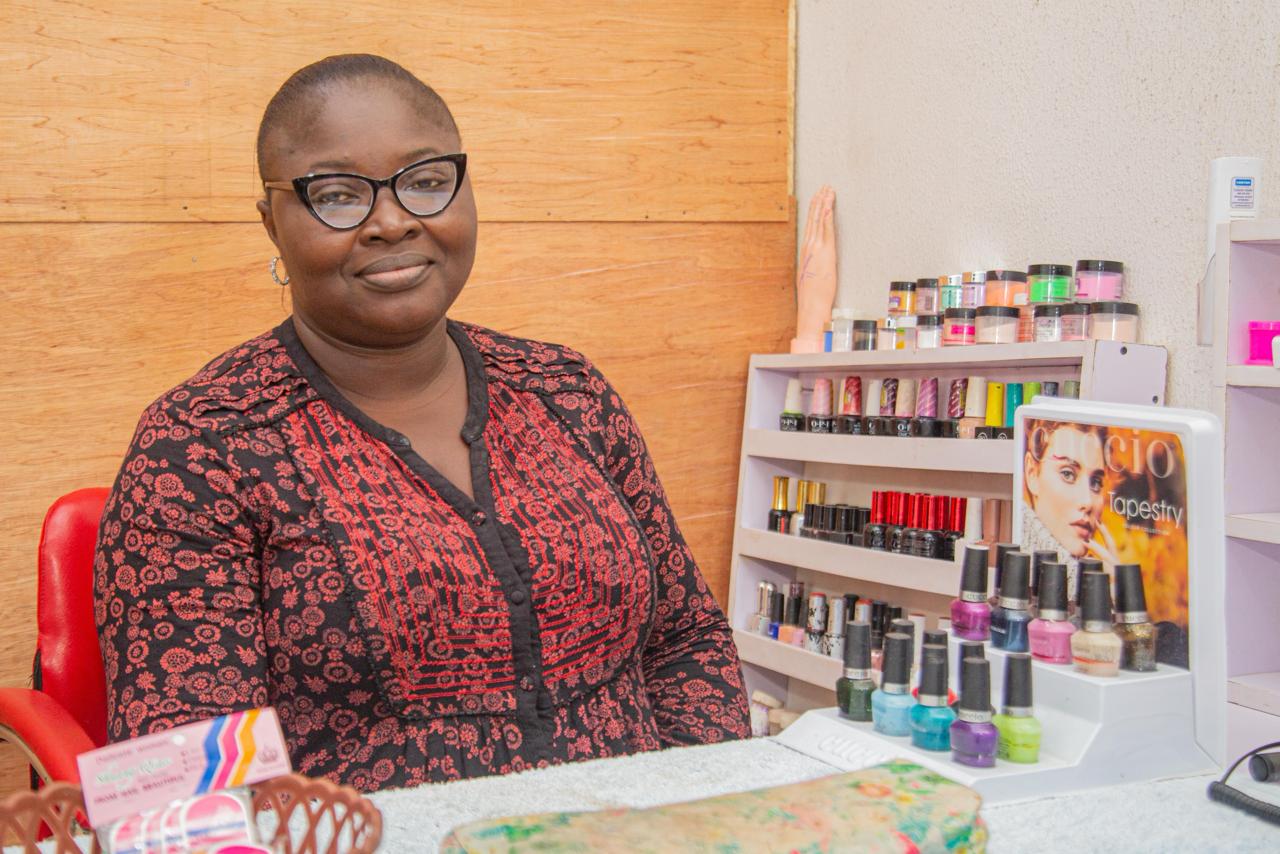Girls are colors that beautify our world. They are changemakers and are a fundamental source of transformational change for gender equality, and technology is a crucial tool to support their work, activism, and leadership.
There has been no better way to tell the girl child story than the use of technology!
The celebration of the International Day of the girl child is very critical in that, it focuses attention on the needs and challenges girls all over the world face. It also brings about the need for mainstreaming girls’ empowerment and fulfilment of their human rights.
Globally, Girls are breaking boundaries and barriers posed by stereotypes and exclusion, including those directed at children with disabilities and those living in marginalized communities. As entrepreneurs, innovators, and initiators of global movements, girls are creating a world that is relevant for them and future generations.
The theme, “Digital Generation, Our Generation”, could not have come at a better time than this, owing to the gnawing gap and widening reality, occasioned by the covid-19 pandemic and its role in digital inclusion, literacy, economic and social barriers to the internet, and device access to the girl child in Imo state.
This is so because most government-owned schools in the state are not equipped with computer labs and there are no Science, Technology, Engineering, and Mathematics, STEM taught to students neither is STEM incorporated in the curriculum of schools, how do these barriers make for equitable opportunities for girls? These issues are not good for gender equality and social inclusion.
There have also been widely reported cases of financial barriers and negative cultural stereotypes to women in tech!
In a survey of tech firms conducted by the ONE Campaign and the Center for Global Development, only about 30 percent were owned by women, mostly concentrated in e-commerce and enterprise solutions. Of women-owned firms, the median share of ownership is 20 percent. Tech firms do not employ many women either—31 firms in our sample employ no women at all. This generally goes to prove that women’s participation in tech is very low.
Nigeria’s tech sector is well on its way, but governments at all levels and the private sector must take steps to make sure that it benefits from the talents of its entire population. That includes females, who makeup half of the labor force and have much to contribute to this newly emerging sector.
Attention should also be given to other wide range of challenges girls face, including gender bias, early marriage, harassment, sexual assault, rape, lack of opportunity in education and leadership, gender stereotypes. and other discriminatory laws that exclude them from civic processes
There is a need for the Imo state government to take necessary steps to address these barriers as well as ensure, girls and young women are at the center of designing and learning solutions for the digital world.
We implore the state government to;
- Take advantage of technology in the fight against sexual and gender-based violence through securing database systems to track sex offenders.
- protect and advance the rights of girls
- Equip schools with standard computer labs and give more female students access to digital processes.
- Eliminate all forms of financial and cultural barriers that inhibit women and girls’ access to technology and equal pay.
- Mainstreaming STEM in the school curriculum and extra-curriculum activities of schools across the state.

